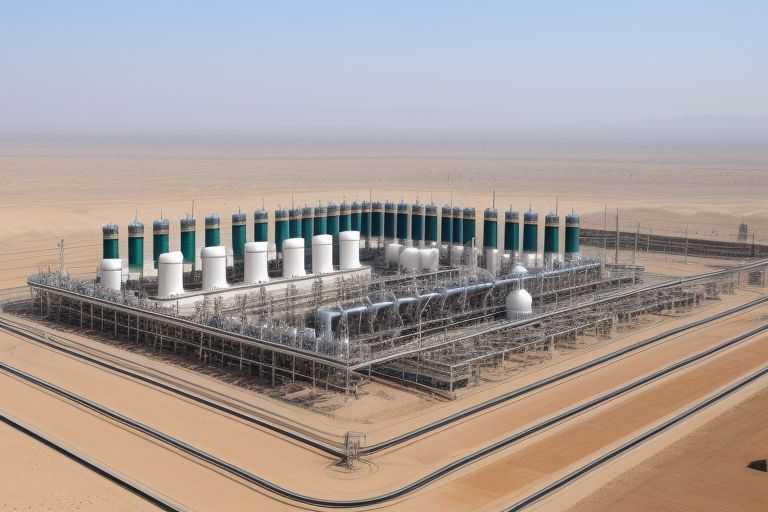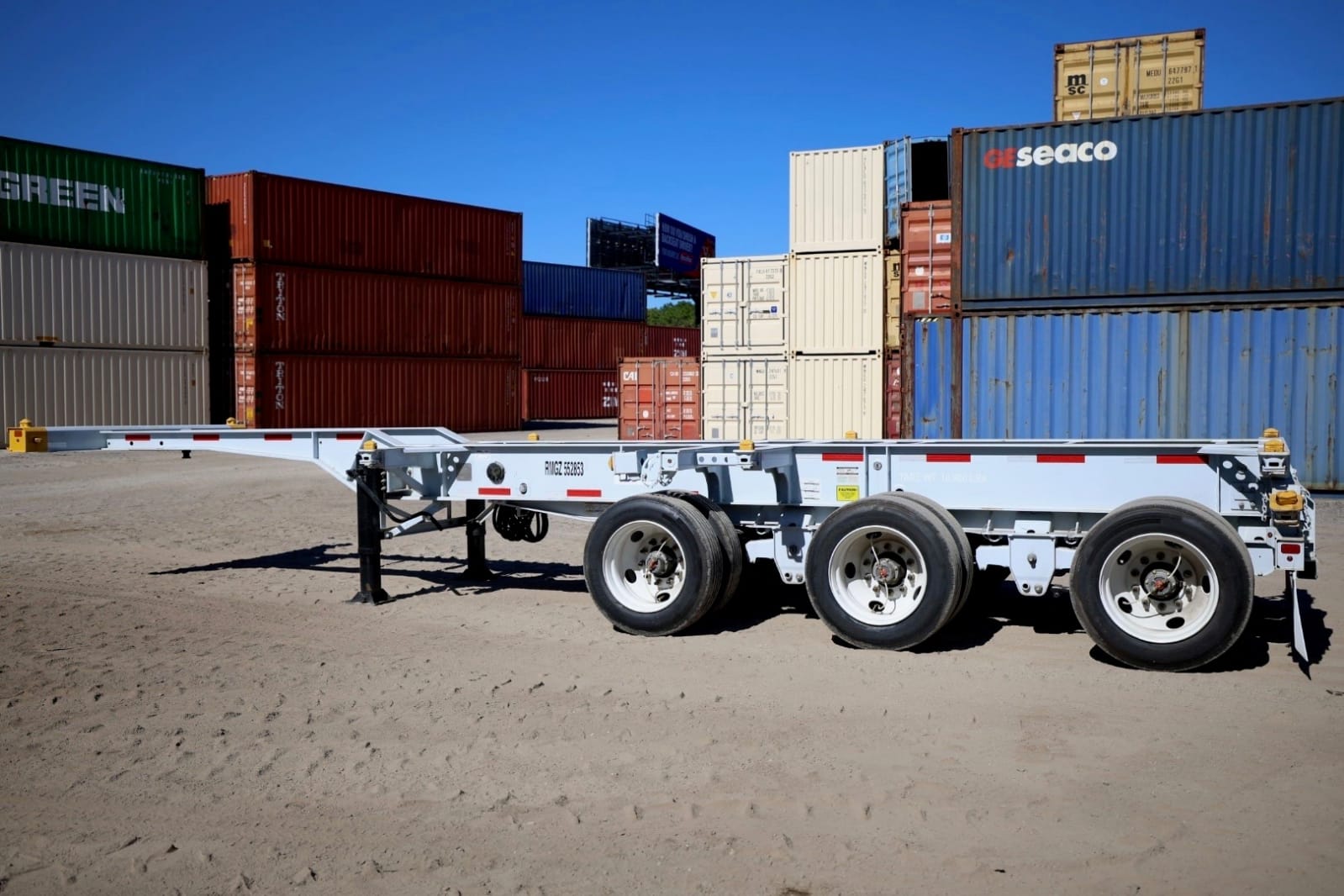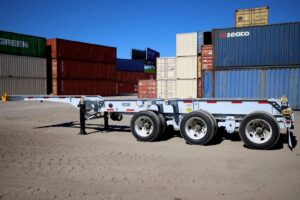The Importance of Saudi Gas Production
Saudi Arabia is a major player in the global energy market, not only as a leading oil producer but also as a growing force in natural gas production. With vast reserves and strategic investments, the kingdom is expanding its gas sector to meet domestic energy needs and contribute to global supply chains. This article explores the significance of Saudi gas production, its impact on global markets, and the future of the industry.
The Importance of Saudi Gas Production
Saudi Arabia is home to some of the world’s largest natural gas reserves, estimated at over 330 trillion cubic feet. While traditionally focused on crude oil exports, the country has been rapidly increasing its gas production to support industrial growth, electricity generation, and economic diversification.
The gas sector is a critical part of Saudi Vision 2030, which aims to reduce reliance on oil revenues and promote sustainable energy solutions. By investing in gas infrastructure and advanced extraction technologies, Saudi Arabia is positioning itself as a leader in the global gas market.
Major Natural Gas Reserves and Production Sites
Saudi Arabia’s natural gas resources are primarily associated with its vast oil fields. Some of the key production sites include:
- Ghawar Field – The world’s largest oil field, also containing significant natural gas reserves.
- Jafurah Field – One of the largest shale gas fields in the Middle East, playing a crucial role in Saudi Arabia’s gas expansion.
- Safaniya Field – A major offshore field with high levels of associated gas production.
- Hawiyah and Haradh Gas Plants – Essential processing facilities that refine raw gas into usable energy products.
These production sites contribute to Saudi Arabia’s goal of increasing its natural gas output, ensuring energy security, and reducing dependence on liquid fuels for electricity generation.
Saudi Gas and Global Market Influence
Saudi Arabia’s expanding gas sector plays a vital role in global energy markets. With increasing demand for cleaner energy alternatives, natural gas is becoming a preferred choice for power generation, industrial use, and transportation.
Saudi Arabia’s gas production growth aligns with global efforts to reduce carbon emissions by replacing coal and oil with cleaner-burning natural gas. The kingdom is also looking to export liquefied natural gas (LNG) to key markets in Asia, Europe, and North America, strengthening its role as a reliable energy supplier.
Economic and Industrial Benefits of Gas Production
The expansion of Saudi gas production brings numerous economic and industrial advantages:
- Electricity Generation – Natural gas is a primary fuel source for power plants, providing a stable and efficient energy supply.
- Petrochemical Industry – Gas is a key raw material for petrochemical products, supporting Saudi Arabia’s industrial growth.
- Job Creation – The gas sector contributes to employment opportunities and skill development in energy-related fields.
- Foreign Investments – Saudi Arabia’s gas initiatives attract global investors looking to capitalize on the country’s energy potential.
Challenges in the Saudi Gas Industry
Despite its vast resources and strategic initiatives, Saudi Arabia faces several challenges in scaling up gas production:
- High Extraction Costs – Shale gas and deep-sea gas extraction require advanced technologies and substantial investments.
- Infrastructure Development – Expanding pipeline networks and processing plants is essential for efficient gas distribution.
- Environmental Concerns – Reducing carbon emissions and managing gas flaring are key environmental priorities.
- Global Market Competition – Other gas-producing nations, such as the U.S., Russia, and Qatar, pose strong competition in LNG exports.
Opportunities for Growth and Expansion
To overcome challenges and enhance gas production, Saudi Arabia is investing in advanced technologies such as carbon capture, hydrogen production, and renewable energy integration. These innovations will help the kingdom remain competitive in the evolving global energy market.
For international travelers looking to explore Saudi Arabia for business, tourism, or religious purposes, obtaining a visa is essential. Visitors can apply for a Saudi Visa for Lithuanian Citizens or obtain a Saudi Visa for Umrah to experience the country’s rich cultural and economic opportunities.
The Future of Saudi Gas Production
Saudi Arabia is set to become a dominant force in the global gas industry. With ongoing investments in infrastructure, technology, and sustainable energy solutions, the kingdom is well-positioned to meet growing domestic and international gas demand.
The shift toward cleaner energy sources, including blue hydrogen production (derived from natural gas with carbon capture), will further solidify Saudi Arabia’s leadership in the energy transition. By balancing traditional gas production with innovative energy strategies, the kingdom aims to secure long-term economic growth while contributing to global sustainability efforts.
Conclusion
Saudi gas production is transforming the country’s energy landscape, offering economic, industrial, and environmental benefits. As Saudi Arabia continues to expand its gas sector, it remains a crucial player in global energy markets. With ambitious plans for the future, the kingdom is shaping the next era of energy production, ensuring a sustainable and prosperous future for generations to come.














Post Comment